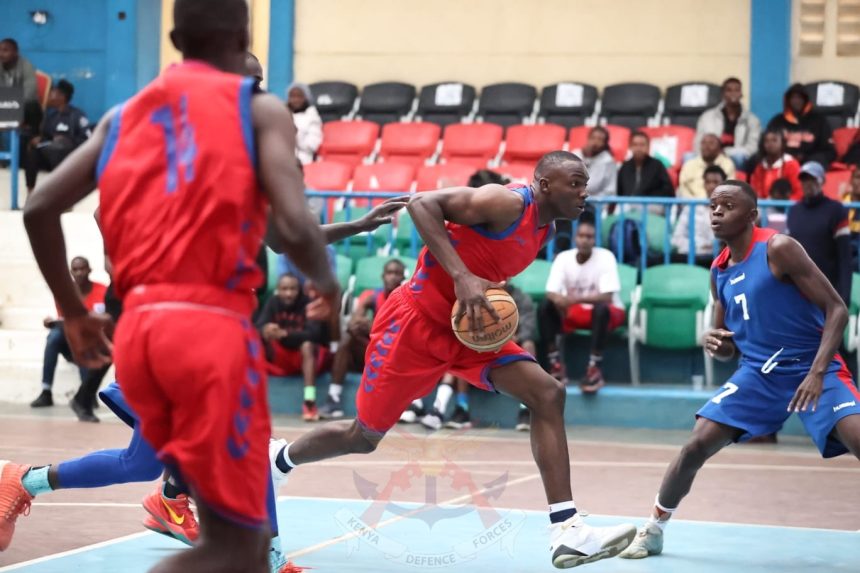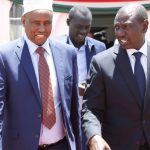The FIBA Afrobasket is considered to be the biggest basketball championship in Africa, as it brings together the best of the best across the continent.
The collection of the players who feature in the competition under various national flags, trade their skills across the world including the famous NBA.
The championship was founded in 1962, 62 years ago. In the current format, 16 teams compete for the honours.
Angola is the most successful team in this championship having won a record 11titles, while Tunisia are current champions – having won it three times.
Kenya has participated in the championship four times with the latest being in the 2021 edition, when they finished ninth. The other three times they competed was in 1985 and finished 12th, 1989 when they finished 11th and 1993 when they hosted the tournament and finished fourth.
The tournament which used to take place after every two years now takes place after four years since 2017. At the writing of this account, the first window of 2025 qualifiers is on in Tunis, Tunisia, where Kenya is in Group E alongside Angola, Guinea and Tunisia. So far, agonizingly, the Kenya Morans have lost to Tunisia and Angola, ahead of their last match against Guinea.
The begging question is what it takes to win such a championship, and how far is Kenya from achieving such a milestone.
“You must have at least 12 players who are able to play at a high level because in such a championship you don’t just depend on seven players due to the many games you play. You also need to have top preparations, including playing top level teams in friendlies before the championship proper.
“There is no game that you are going to approach with a mentality that this is an easy game at that level, so you need to have everything working,” said USIU Tigers head coach David Maina, who has been at the international scene representing Equity Hawks several times.
At the same time the soft-spoken tactician insisted on fitness as another key component in winning Afrobasket.
“The level of fitness has to be very high, so you don’t go there and play two games and a player is not able to deliver in the third one. That has been the problem with most of the teams as you find that the first two games their level of competition is high but start dipping from the third fixture.”
Kenya Ports Authority men’s basketball team head coach Sammy Kiki who has led the Dockers several times at the international stage echoed Maina’s sentiments.
“You definitely have to select the best players available, and that has been a problem in our case. You need enough time to practice and ensure the players are motivated. You need players in a residential camp for up to three months to ensure they gel and develop a plan for the opponents,” he noted.
He underlines the need for a long-term strategy to develop a strong team, saying the Basketball Federation of Kenya needs to up their game if the Kenya Morans are to soar to the heights of Afrobasket glory in the future.
“Of course all these plans have to be spearheaded by the federation. There must be a good technical bench with good planning, enough resources to cater for the players’ welfare and equipping the team well. An honest review of where we are tells you there is a big gap before we can conquer Africa in the game, but it is doable,” Kiki concluded.



